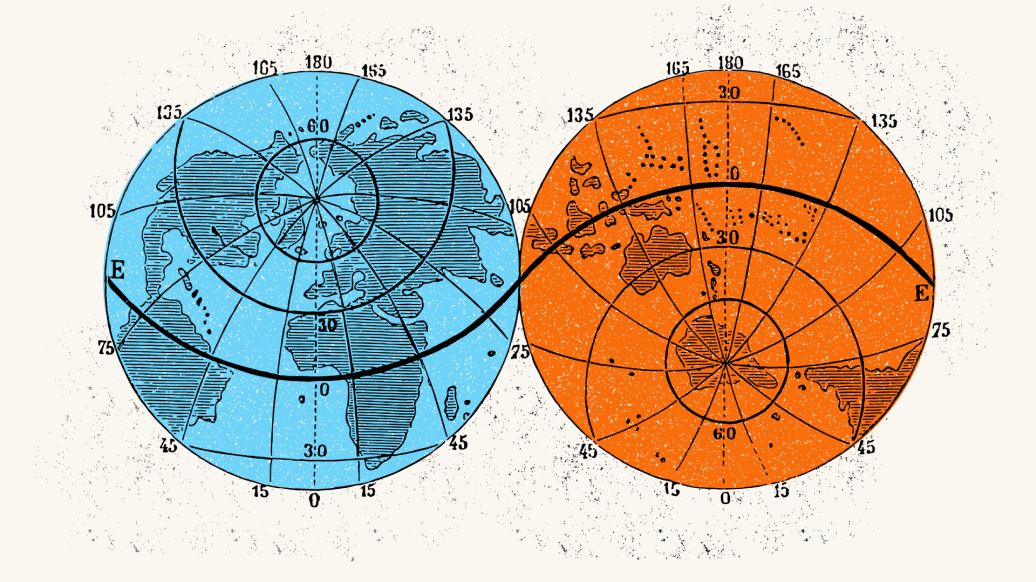Rule of Law
Key Takeaways
- Rule of Law mandates the publication of written laws before fair application in the judiciary system.
- Rule of Law strengthens democracy by ensuring citizens’ clear understanding of their legal obligations and their equal enforcement.
- Capitalism runs more effectively when there is stability and confidence in a country’s legal system.
What is the Rule of Law
This governing principle requires all citizens, institutions, and government structures to adhere to a well-defined set of legal rules. When laws are stable and widely accepted as norms, democratic societies can better achieve and sustain peace. Rule of Law requires the publication and public awareness of laws enacted through procedural rules and the fair and equal enforcement of those rules by independent courts.1 These courts make up a judiciary system that has the power to hold citizens and government leaders alike accountable for their actions. While the content of laws differs among countries due to varying social and cultural norms, rule of law systems universally commit to provisions that safeguard democratic principles.
ROL and Democracy
Democracy is supported when a country has a well-defined and stable rule of law, as the two mutually reinforce each other. In a strong democracy, there is transparency and equal representation in the creation and maintenance of laws, and under the rule of law, these laws are fairly and equally enforced.2Democratic decision-making strengthens the legitimacy of a country’s legal system and a strong rule of law “takes the edge off the power”3 senior government officials hold. In this system, power is transparent and predictable and not arbitrarily formed and enforced. 4 Overall, Rule of law builds citizens’ trust in government while also giving them more of a say in the policies of that government.5
ROL and Capitalism
Capitalism rests on the impartial, stable, and predictable legal enforcement of private agreements and contracts. Rule of law systems establishes a set of boundaries that encourage fair and reliable business practices, ensuring legal stability despite changes in political power. This interaction increases confidence in the government which in turn increases confidence among buyers and sellers, investments, and capital growth.6 Clear legal authority helps capitalism run more effectively and efficiently. A country with a strong rule of law serves as an attractive place to invest and pursue economic success.
Related Datasets
Interact with datasets by clicking the links below.
Related Case Studies
Notes
1 Massimo Tommasoli, “Rule of Law and Democracy: Addressing the Gap between Policies and Practices,” United Nations (United Nations Chronicle, December 2012), https://www.un.org/en/chronicle/article/rule-law-and-democracy-addressing-gap-between-policies-and-practices.
2 “High-Level Meeting on the Rule of Law, 24 September 2012 – United Nations and the Rule of Law,” United Nations (United Nations, September 24, 2012), https://www.un.org/ruleoflaw/high-level-meeting-on-the-rule-of-law-2012/.
3 Jeremy Waldron, “The Rule of Law,” Stanford Encyclopedia of Philosophy (Stanford University, June 22, 2016), https://plato.stanford.edu/entries/rule-of-law.
4 IBID.
5 Guillermo O’Donnell, “The Quality of Democracy: Why the Rule of Law Matters,” Journal of Democracy (Johns Hopkins University Press, October 13, 2004), https://muse.jhu.edu/article/175988/pdf?casa_token=8V5hJDWeB-kAAAAA%3Aif0fv4OttbzoP7OG7JhZfKVztDs7ZrVhmT8J0mBd1ODfBQ6EsLj3HX2DHDj6PTwhAUP_Yxmk3A.
6 Kenneth J Blackwell, “Rule of Law: Economic Prosperity Requires the Rule of Law by J. Kenneth …,” Common Sense Economics, 2009, https://commonsenseeconomics.com/wp-content/uploads/CSE_F_Reading-Blackwell-Rule_of_Law-Economic_Prosperity.pdf.


